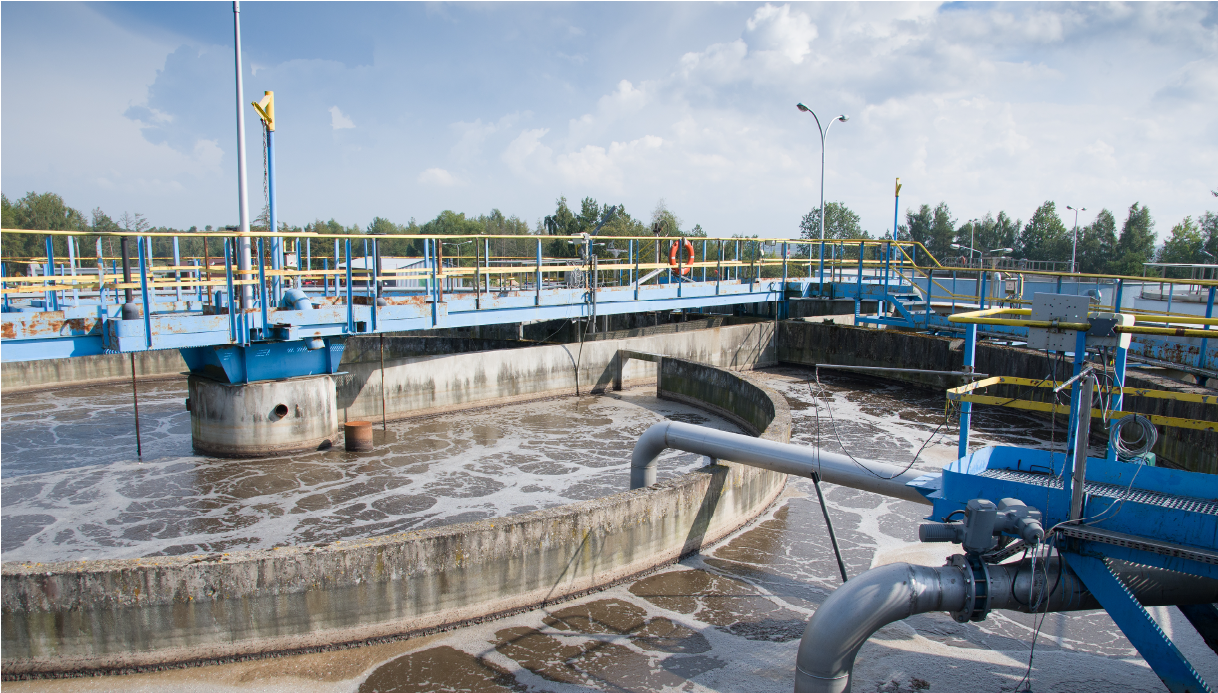This webinar will describe the re-emergence of B. quintana in Canada, examining transmission dynamics, disease burden, and emerging pathways of spread. The webinar will highlight how neglected bacterial infections linked to socioeconomic vulnerability remain concealed drivers of disease and mortality in Canada.
Stream: Emerging Infectious Diseases and Outbreaks
Wastewater-Based Surveillance Program
A peer-to-peer learning program on wastewater-based surveillance for COVID-19, other pathogens and agents for public health practitioners.
Trichophyton mentagrophytes genotype VII (TMVII)
TMVII transmission occurs through direct skin-to-skin contact, including through sexual contact. Additionally, the fungus can spread via contaminated surfaces, clothing, or animal contact. Men who have sex with men have been identified as a key risk group in current outbreaks.
Canadian Wastewater Survey (CWS): City of Winnipeg, Manitoba Modelling Report
Canadian Wastewater Survey (CWS): Modelling Report
This document shows the current level of SARS-CoV-2 in the wastewater in cities across the country. In the plots below, the horizontal axis displays the month, and the vertical displays the wastewater signal as SARSCoV-2 genome copies per ml (gcp/ml). The green and orange threshold lines display the historical 25th and 75th percentile, respectively. Information on how these values are calculated can be seen in Appendix 2: Technical Documentation. The current level compared to historical data and trends for each city are shown in the top left corner of each plot, and the key messages highlight recent important changes in the data.
National Wastewater Monitoring Program
Wastewater has already been used to show early detection of COVID-19 in some Canadian jurisdictions prior to an increase of clinically diagnosed cases. As COVID-19 can be characterized by symptomatic and asymptomatic infection, it is important to identify the presence of undiagnosed cases to minimize the likelihood of outbreaks.
From Sewers to Solutions: Transforming Public Health Through Wastewater Surveillance Success Stories
Over the past few years, wastewater-based surveillance (WBS) has rapidly emerged as a valuable tool in public health, providing community-level insights on infectious diseases, substances of potential abuse and other agents of interest.
Measuring What Counts: Equity Prompts for Public Health Preparedness and Resilience
This guidance document encourages decision-making and action for pandemic preparedness and response that explicitly incorporate attention to structural and social determinants of health and address health inequities; and
Augments existing public health system resilience indicators to measure performance in addressing inequities and sustaining or enhancing equitable approaches now and in future outbreaks and pandemics.
From Data to Action: Cancer Surveillance and Occupational Diseases
This seminar includes a presentation by Dr. Donna Turner on cancer surveillance. Then, Dr. Jeavana Sritharan and Dr. Paul Demers present on Ontario’s Occupational Disease Surveillance System (ODSS).
mpox: What’s next for Canadian public health?
This webinar discusses the current situation of the multi-country mpox outbreaks and the potential implications for Canadian public health.
Fall and Winter Respiratory Illnesses 2024-2025 webinar
This moderated, live webinar discusses the current vaccine landscape in Canada and provide an overview of the latest recommendations from the National Advisory Committee on Immunization (NACI) for respiratory syncytial virus (RSV), seasonal influenza, and COVID-19 for the 2024-2025 respiratory virus season.
Surveillance Advances Seminar Series
Co-hosted by National Collaborating Centre for Infectious Diseases (NCCID) and the Public Health Agency of Canada’s (PHAC) Data, Surveillance, and Foresight Branch (DSFB).




